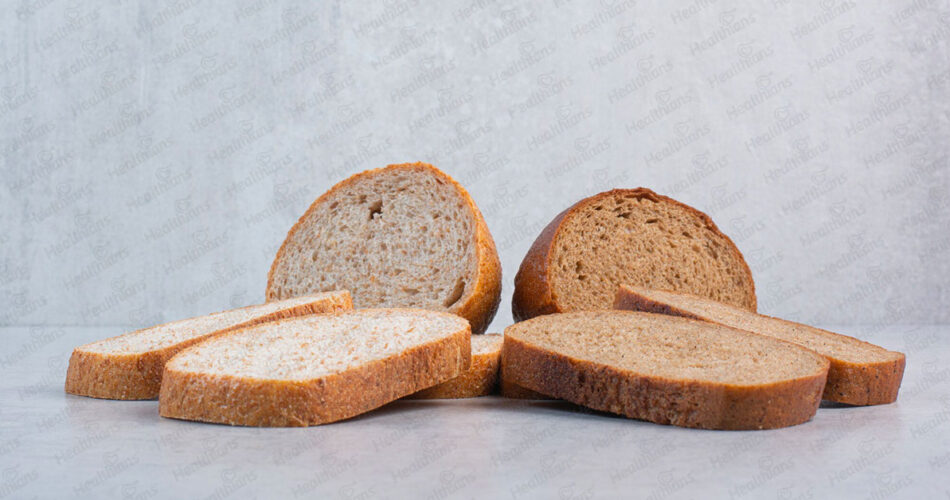You heard someone say that white bread isn’t good for you, so you switched to brown bread. The other said that white rice isn’t good for you, so you welcomed brown rice to your home. Funny how our food choices always revolve around the spoken word which most of the time has little truth. However, rare are also the times when what you heard is right.
So, in the battle between this and that, which should you choose? Let’s admit, the confusion is real. It’s only natural to get indecisive because you don’t know what’s healthier, brown foods or white? So, let’s just kill this confusion and see what research has to say.
Brown bread v/s white bread
The switch from white bread to brown bread has been recent. The word is out that white bread can be unhealthy because it is made of maida. Maida can be hard to digest for the body and may also cause weight gain, so it’s better you skip it. That’s what the claim says at least.
Well, here’s the truth. If your goal is weight loss, either of the two won’t make much of a difference. Given the fact that the calories one slice of bread provides are almost the same. (77 calories for white bread, 75 calories for brown bread)
However, you must note that even though the energy they provide is almost similar, both of these breads differ in nutritional value. Brown bread has a low glycemic index as compared to white bread. Hence, white bread can cause blood sugar spikes, a big NO if you’re diabetic or pre-diabetic.
In addition to that, white bread is highly processed, which may increase the risk of heart disease and diabetes.
Brown eggs v/s white eggs
There’s no choosing between the two as there is little difference when it comes to nutritional benefits. Both white eggs and brown bread offer the same amounts of protein, Vitamin D, vitamin B12, selenium riboflavin, and choline. The only difference between the two is the colour and cost. The colour difference is due to the breed of hens the egg came from. As brown eggs are a bit costlier, white eggs are the better choice.
Brown rice v/s white rice
If your priority is weight loss, there is no significant difference in calories. Well, there’s an easy answer if your priority is nutrition. When it comes to nutritional differences, there is a considerable one. Let’s see.
| White Rice | Brown Rice | |
| Calories | 242 | 218 |
| Carbohydrates | 53.2g | 45.8 g |
| Protein | 4.43 g | 4.52 g |
| Fat | 0.39 g | 1.62 g |
Additionally, your choice may also depend on your medical condition. In case, you recently had bowel surgery, or are suffering from inflammatory bowel disease, white rice may be better as you must consume food lower in fibre (easily digestible).
On the other hand, being rich in fibre and low glycemic index, brown rice is the healthier alternative if you have diabetes or constipation. Just so you know, brown rice is only white rice before refining. It is the un-processed version and has more antioxidants, minerals, B vitamins, and fat as compared to white rice.
Brown sugar v/s white sugar
If your goal is weight loss, either of the two won’t make a difference as the calorie content is almost the same. The pivotal difference lies in the process of refining.
White sugar is basically empty calories and offers no benefits. On the contrary, brown sugar is rich in calcium, iron, potassium, and magnesium as compared to white sugar.
So, what is the verdict?
In most cases, brown is better and healthier. However, the choice also depends on your goals, medical condition, personal preferences and budget. If your goal is weight loss, maintaining a calorie deficit matters the most. If you’re rather inclined toward nutrition, you may go with brown foods as they offer more nutrients than their alternatives.
While you are at it, be mindful of the fact that your health is in your hands. Make healthy choices to live a healthier life.




